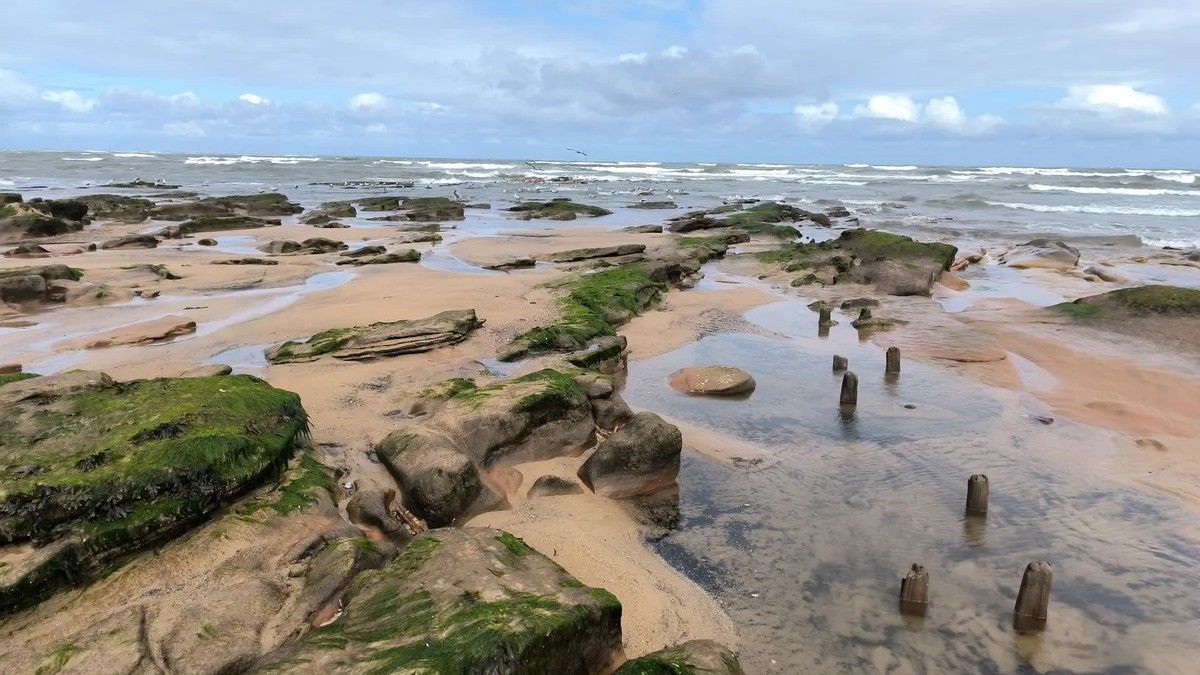
I'll be honest with you. Five years ago, whenever I took a picture, I was fundamentally chasing likes. That dopamine hit of validation that comes with a popular social media feed. Of course, as you might expect, none of this was making me particularly happy, deep down. A moment came eventually, though, when I started seeing photography in a different way.
I was standing in a grimy street after a sleepless night followed by a soul-crushing day at work. I rain-soaked, miserable and late for dinner with friends I was no longer in the mood to see.
Then I saw it. A simple puddle reflecting a neon shop sign, a pigeon pecking at its edge. Something made me stop. Made me crouch down. Really look.
For about five minutes, I found myself unnaturally absorbed in capturing this scene. Getting the reflection just right, waiting for the pigeon to move into the perfect position, the passing car headlights to dip.
What I learned
Later, something struck me. During those five minutes, I realised, I hadn't been thinking about my deadlines or how I was going to pay the gas bill. I was just... there. Present. Focused. And afterwards, calmer. Lighter.
After that, I gradually came realise what most photography enthusiasts come to discover. That when you're truly engaged in taking a picture – not just pointing and shooting, but really seeing – you're forced into what neuroscientists call "single-pointed attention." And the effect on your body and soul can be very similar to a meditative state.
As I started to approach photography in this way, it didn't just relax me; it started to open doors in my mind. I began to notice things that were always there, but previously invisible to me. The way morning light cuts through a window and creates patterns on a newspaper. How a fence can frame a sunset so perfectly it looks intentional.
None of this, of course, is easy. Real photography requires patience. The patience to wait 20 minutes for a cat to move into the perfect patch of sunlight. But rather than getting frustrated, I learned to embrace the waiting, enjoy it even. If I didn't get the shot in the end, it started to matter less. The process was more important than the results.
Why this matters
I'm not suggesting photography alone can solve your anxiety, or replace actual therapy. But in a society that assumes mindfulness is all about apps, classes or luxury retreats, it's worth noting that there are other, simpler ways to achieve it, especially if you're keen on photography to begin with.
I've learned, in other words, that my camera is as much a way of achieving 'presence' as a yoga mat. It can help me see the world instead of just moving through it on autopilot. And it's led me to notice beauty, and to find moments of calm, in the chaos that surrounds me.







